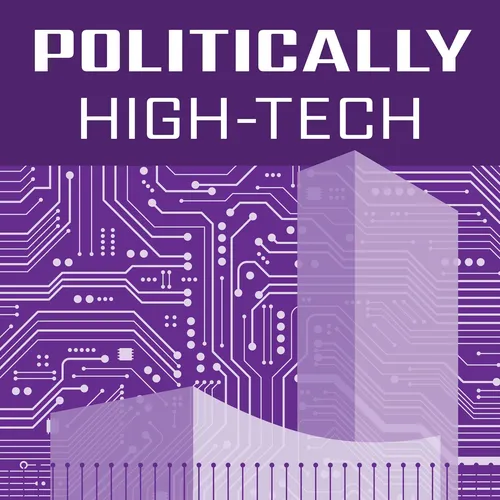300- Banking Deception Exposed with Tommy Kilpatrick
- Author
- Elias Marty
- Published
- Mon 01 Sep 2025
- Episode Link
- None
Tommy Kilpatrick, a retired teacher and author, challenges conventional understanding of bank-issued credit cards by claiming they represent a worldwide banking fraud rather than legitimate debt. Following a personal financial crisis where he accumulated $85,000 in credit card debt, Kilpatrick discovered what he believes is a fundamental misrepresentation in how banks issue credit cards and collect payments.
• Distinction between store-issued credit cards (legitimate debt backed by goods/services) versus bank-issued cards (allegedly fraudulent)
• Bank-issued credit cards function more like gift cards since they lack traditional loan documentation (promissory notes, income verification, collateral)
• After filing federal lawsuits against banks, Kilpatrick had his debts removed from his credit report within 45 days
• The modern banking system allegedly creates money through accounting entries rather than lending existing funds
• Process for challenging bank-issued credit card debt involves demanding evidence of legitimate debt (invoice, promissory note)
• Working with accounting professionals can verify these claims and help prepare appropriate documentation
• Even after challenging bank practices, consumers can still obtain new credit cards and rebuild credit scores
• Banks allegedly profit approximately $23 per month from the average cardholder through fees
To learn more about challenging bank-issued credit card debt, check out Kilpatrick's book "Forgive and Forget: How to Nuke Your Credit Card Debt" available on Amazon, or schedule a 15-minute free consultation to receive the book for free.
Show Notes
1. Banks don't lend money: https://www.educatedinlaw.org/2017/03/banks-dont-take-deposits-banks-dont-lend-money/#
2. Banks must have a promissory note for the bank to grant a loan.
https://upload.wikimedia.org/wikipedia/commons/4/4a/Modern_Money_Mechanics.pdf
The Federal Reserve says the only way a bank can make a loan is if you first sign a promissory note to pay and the bank will enter numbers in your free checking account. Page six, right column, second paragraph, second line.
3. Fraud undoes all contracts.
https://casetext.com/case/vokes-v-arthur-murray-inc
The bank says you used the card, therefore you are contracted to our terms and conditions, but Hirschman v. Hodges, etc., (1910) In this case, the Florida Supreme Court found that a contract could be rescinded based on fraudulent misrepresentation.
4. Banks match your deposits and all you have to do is to withdraw it and close the account; the same when the bank gave (GAVE YOU) a bank-issued alleged credit card that was in fact a “Gift Card” to induce you to be a customer, in this vide
Follow your host at
YouTube and Rumble for video content
https://www.youtube.com/channel/UCUxk1oJBVw-IAZTqChH70ag
https://rumble.com/c/c-4236474
Facebook to receive updates
https://www.facebook.com/EliasEllusion/
Twitter (yes, I refuse to call it X)
https://x.com/politicallyht
